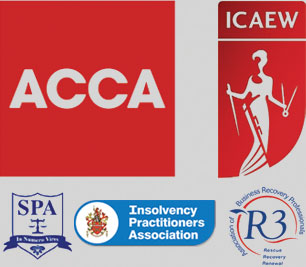Litigation funding – directors and their advisors – beware
Categories: News
In 2011, Manolete Partners Plc became the first litigation funder to enter the insolvency marketplace. They provide funding to enable insolvency practitioners to pursue claims in insolvency cases where there are no or limited estate funds to pursue such claims and creditors (due to their inevitable apathy) are unwilling to provide that funding. Since then, the insolvency litigation funding industry has mushroomed and there are now many players in the marketplace all providing a source of funding for the insolvency profession in exchange for a share (usually 50%) of any recoveries made. At our insolvency profession’s training and CPD seminars, up and down the country, there they all are, sponsoring the events and selling to the attendees, offering free consultations and review of any claims that we may be looking to pursue.
Times have really moved on since 2011 and the insolvency profession is now expected and required by its regulators and The Insolvency Service to explore the possibility of using litigation funders in cases where there are possible claims against third parties (usually directors / shareholders) but there are insufficient funds to pursue such claims. Whilst it may be true that directors in the past may have thought with good reason that “the liquidator is not going to pursue them for their overdrawn directors loan account or illegal dividends or preference claim because they have no money to do so”, directors who take such a view in 2023 are playing a very dangerous game of chance. The litigation funding market has changing the playing field and litigation funders have become a very powerful tool for insolvency office holders in their everyday work.
Redman Nichols Butler recognises these developments and approach our work with a view to being upfront and direct in identifying possible issues and claims during the very early stages of an insolvency assignment, usually before the formal insolvency appointment takes place, so directors can be fully informed of the issues they will inevitably have to deal with once the insolvency office holder takes office and, if at all possible, in conjunction with their advisors develop sensible strategies for dealing with those issues. Such strategies often include agreements in principle to compromise such claims without the need for legal proceedings to be initiated. Good for the creditors since no or minimal legal costs will need to be incurred, 50% of the recovery does not go into the pocket of the litigation funder and good for the defendant (director) as the amount they will have to pay will usually be significantly less than if the claim is pursued and is successful. With Redman Nichols Butler, directors get no nasty surprises 5 months into the insolvency case.
If any of your clients are thinking of an insolvency of their company or business, we will be happy to discuss without obligation any concerns you may have about the consequences of an insolvency for those clients and the possible claims that may come out of the insolvency so both they and you are, as far as you can be, clear and armed with best information before a decision is made to enter an insolvency process.


Comments are closed.